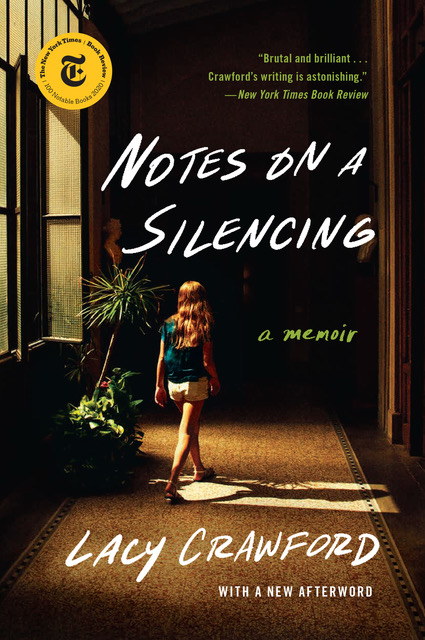Several years ago I worked with a young man who appeared, on paper, very much like many student-athletes I had known: great leadership skills, a real work ethic, some academic bold strokes but, primarily, an emphasis on athletic achievements. Sometimes athletes are encouraged to make the most of their sport to the detriment of the rest—“You can be the tennis guy,” they say, even if a D1 recruiter has yet to call. Of course the ability to walk onto a team can be a big help, particularly at a DII or DIII school; but I hated the way the application process seemed to minimize any other interests or experiences an athlete had, as though to avoid distracting the admissions officers from the fabulous sport at the top of the file. Almost always, such athletes end up writing about their sport, so their application is monochromatic, as if they’ve never had a thought outside of their next match.
This student had been given a somewhat unusual education in elementary school, and he knew right away that he wanted to write about it. He didn’t so much as mention his athletic gifts in his essays. It was all there in his application and his recommendations; no need to bang on about it. Instead, he considered other aspects of his self, and ended up at Vanderbilt.
From the age of three until high school, I attended Mesa Sands, a “pure” Montessori school that was very different from the traditional “desk schools” my friends attended. Non-Montessori friends called it the “weird school”; my own parents joked that Montessori students were members of a cult. But I enjoyed the freedom of being able to choose what subjects I wanted to work on.
In the early years, we worked only with physical materials, tracing sand paper letters with our fingers to learn the alphabet and counting with bead chains. Only over time did we transfer our work onto paper. There were no grades, tests or homework, and I was expected to choose my own activities. Students of different ages worked together in a single classroom and learned from each other. Being an older student meant being a role model, a responsibility I liked. I learned to work well in groups and how to explain my understanding of a subject to other people, both older and younger.
“Never help a child with a task at which he feels he can succeed,” Maria Montessori once said. School was about letting my curiosity lead me and teaching myself at my own pace. For example, at the start of 7th grade, I was handed the Algebra I book and told to complete it anytime in the next two years. I was intrigued to have a real textbook, but a bit overwhelmed, as the math looked like a foreign language. After reading a chapter, I’d take a stab at the problem set right away. It wasn’t about getting the problems right or wrong; it was about trying to understand the material. As frustrating as this process was, each time I conquered a new idea, my exasperation was transformed into new energy. I learned how to solve problems independently and to know when to ask others for help
As I grew older, I watched my class shrink as other students transferred to prepare for high school. I was the only boy in an eighth grade class of eight kids, which was by far the worst part of my school experience. I wondered what I was missing at a traditional school. I was eager for a bigger high school environment, but nervous about my ability to handle the formal structure.
When I did get to high school, I was surprised at how well prepared I was. My two strongest skills, time management and the ability to work well independently and in groups, made the transition easy for me. The Mesa Sands experience shaped me outside the classroom, too. One of my strongest qualities is trustworthiness. Because my school did not have a set structure or rules, I’ve in effect worked under an honor code from the time I was three years old. I was not measured by grades or tests, but instead by the quality and integrity of my work. Montessori’s philosophy of education by exploration has helped me develop my love of learning. I am confident that these traits will continue to serve me well. I enjoyed the flexibility and self-determination of Montessori and look forward to having that same latitude again in college.




